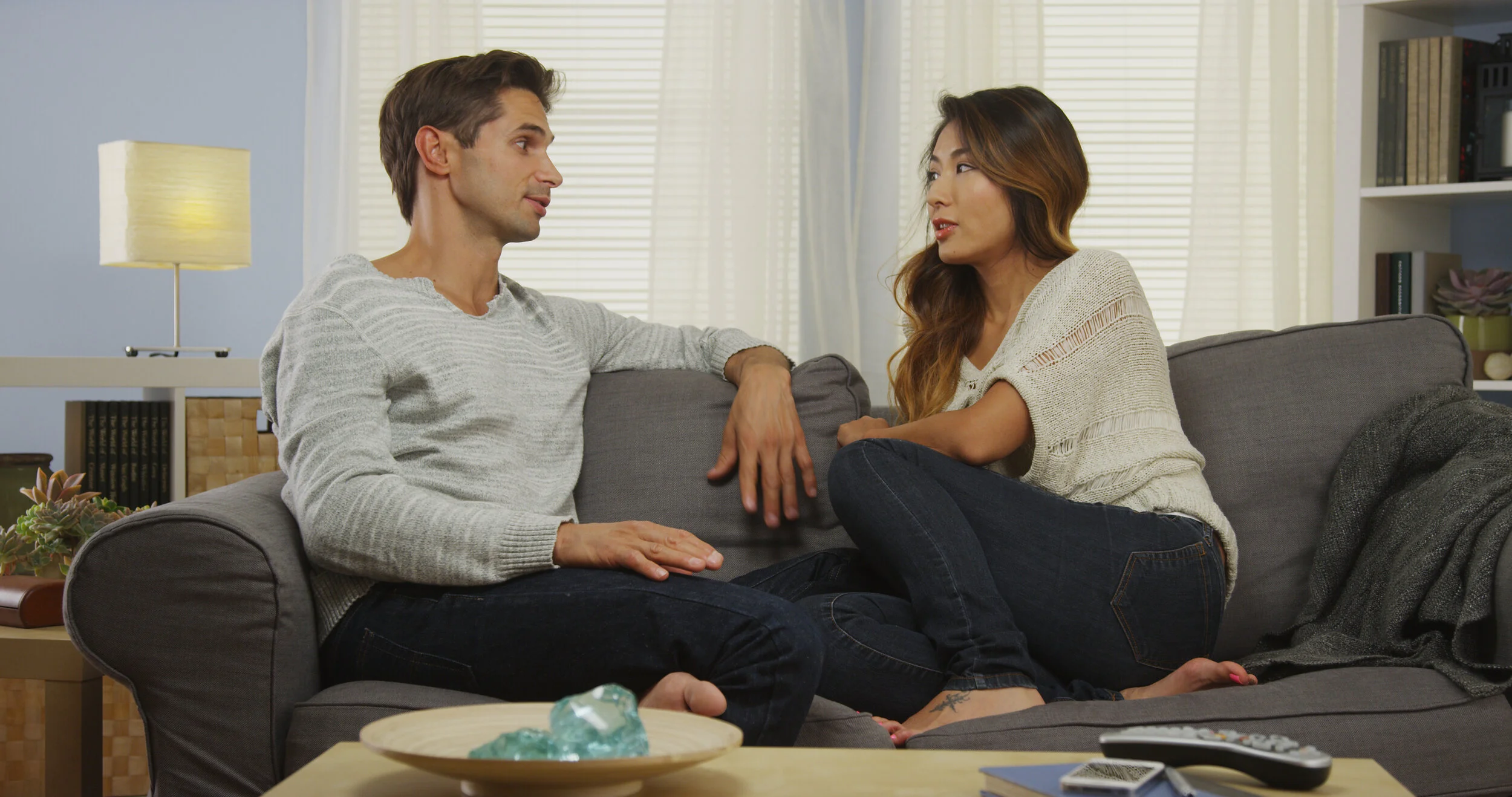How To Be a Better Listener
Here’s a tip from us to you — Nothing says “I love you” more than listening.
Roger and Susan were a couple we worked with who had serious issues with listening because of Roger’s ADHD. He truly did not mean to ignore or not pay attention to his wife, though his good intentions didn’t stop Susan from getting frustrated and angry.
Susan implored her husband to come see us because she believed that they could be helped, and she knew they couldn’t figure it out on their own. Certainly, they would have done something to make things better if they had any idea where to start.
Listening and Hearing are Not the Same
We started with Roger and Susan by explaining that hearing and listening are not the same thing.
Hearing is one of our five human senses, and unless you are hearing-impaired, your body just does it. You take in the noises and tones around you automatically. Listening, though, is attentive hearing. Your attention is focused, and you’re paying attention to the stimulation your ears are receiving.
Listening skills are what we needed to help Roger figure out because attention was his issue.
Roger opted for ADHD medication, and that made a world of difference. In addition to that, we worked with him to help him develop the skills needed to be a good listener.
How to Be a Better Listener
When we are not paying attention to our partner – when we are not really taking in what they are telling us – we can leave our partner feeling ignored and unimportant.
This is why all of us, not just those of us with ADHD, can benefit from knowing key listening skills to improve our relationships.
We taught Roger the following:
Having an open body position. This means you aren’t seated with your arms and legs crossed, which can communicate defensiveness and that you are “shut down” to dialogue. Instead, you want to open up your body language by relaxing in your chair and pointing yourself toward your partner. This signals that you are receptive to what’s being offered in the conversation and prepares your own body to listen.
Listening to the whole story without interruption. It’s important that you give your partner time to fully voice their concerns or what’s on their mind. Instead of reacting and trying to figure out what you want to say in response, remember that your time will come later to ask for clarifications. Train yourself to stay wholly present to what your partner is saying and you’ll find you understand the issue better and are better able to find a resolution more quickly.
Having good eye contact. Good eye contact with your partner while you’re talking lets them know that you are engaged. Looking at the floor or off their side will only confirm that you are disinterested in what they are saying.
Putting the electronics away. You want your focus to be wholly on your partner, and allowing yourself to be distracted by your phone, tablet, laptop, or TV means that your attention is divided. Frankly, if your partner is trying to talk to you and you are texting someone else or checking Facebook, your partner has every reason to be mad at you.
Restating what you just heard. A crucial part of listening is making sure that you heard your partner correctly, and you do this by offering back what they’ve said in your own words. This ensures that both you and your partner are totally clear about what was said, and confirms for your partner that you were indeed listening.
Clarifying what you can do for your partner. One last thing you can do to be a better listener is to make sure you understand exactly what it is that your partner needs from you. This is a step beyond restating what you heard; it’s asking pointedly what you can do for your partner to make sure they know you’ve been listening to them. The key, then, is to follow through on whatever is asked.
Once Roger and Susan started using these listening skills, they saw improvement in their relationship. Roger was able to focus on their conversations, and he was able to follow through and be a dependable partner for his wife. Likewise, Susan was grateful to be married to a man who listened to her.
Wouldn’t it be nice to see that same kind of changes in your own marriage? We encourage you to try really listening to your partner.

